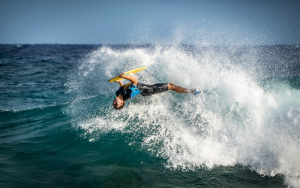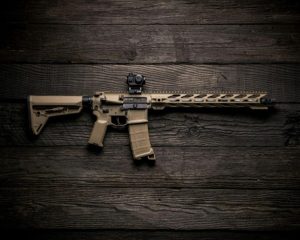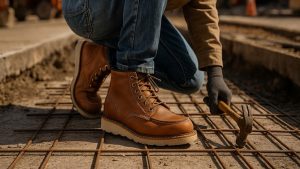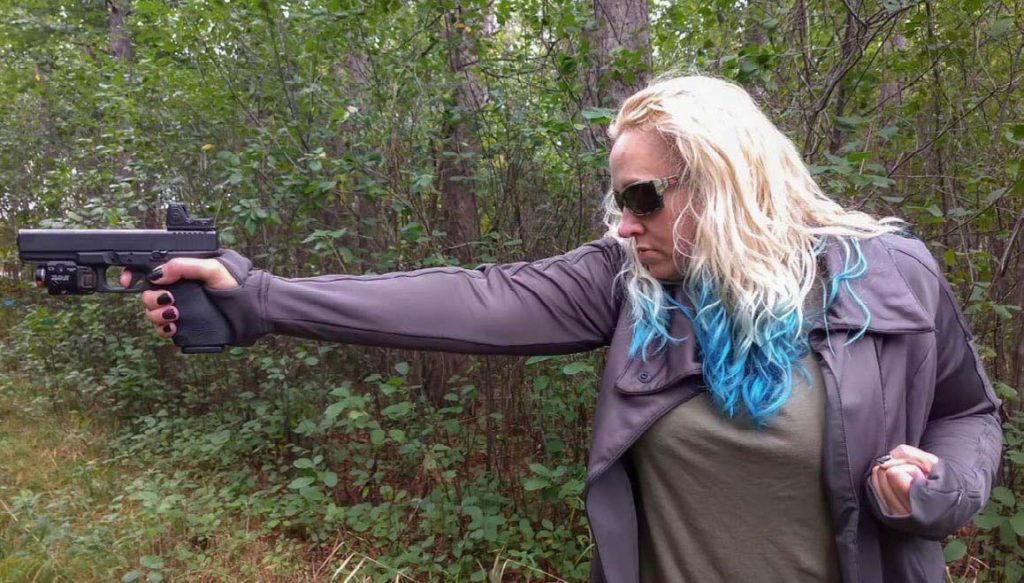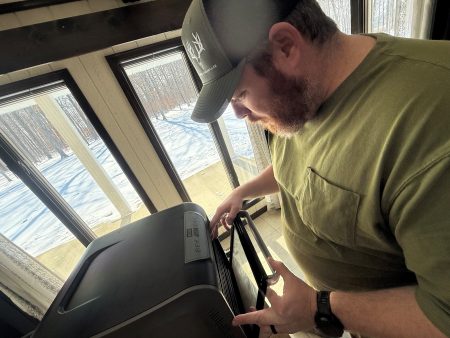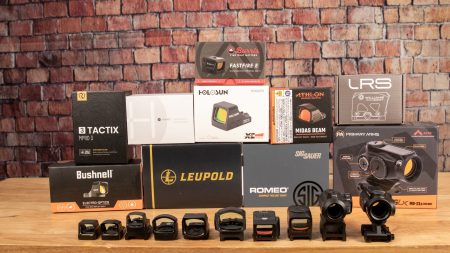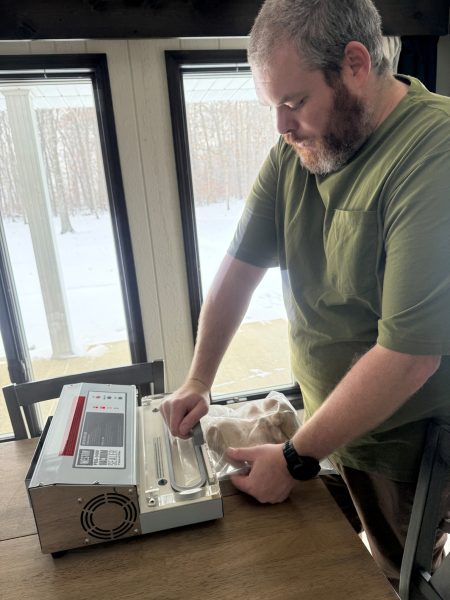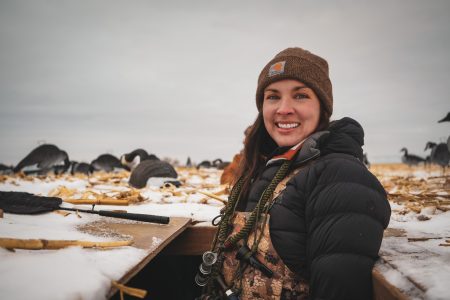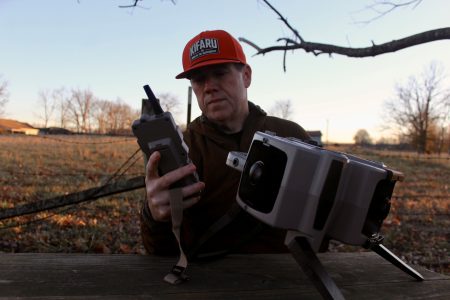For gun owners, it can be easy to get caught up in the idea that a favorite handgun is all that is needed for self-defense purposes. After all, the handgun really is the great equalizer, and it can appear to be a one-size-fits-all solution for threats. However, there’s far more to being a responsible defender than owning and carrying a handgun (or having one tucked into your bedside table drawer). If you want to be a well-rounded, capable defender, you need to master skills far beyond the feel of a pistol grip in your hands.
Secondary Measures
A handgun shouldn’t be your only line of defense. There are less lethal tools worth mastering and carrying, including pepper spray. The reason is that every confrontation is not the same. Not all scenarios require a firearm. It’s entirely possible to find yourself faced with a potential threat or confrontation that can be de-escalated by removing yourself from the situation or by deploying pepper spray. Remember, your gun is not a negotiation tool. If you’ve drawn your firearm, that should be because of an immediate, credible threat, and you should intend to use your gun.
Other secondary defensive tools that are popular are Kubotans, which are also marketed as The Persuader. Knives have their place as well, but they aren’t necessarily a beginner’s tool. They are handy to have around for opening boxes and cutting paracord, however, so it’s a good idea generally to have one.
Learn to recognize the appropriate approach and tool for specific scenarios. Make sure you actually have a secondary tool with you. Carry more than one tool on your person gives you a far greater chance at success than if you’re only carrying a firearm. Does this mean the contents of your daily pocket dump should rival the shelves at your local gun store? No. It simply means that it’s smart to broaden your self-defense horizons and learn how to use a variety of tools.
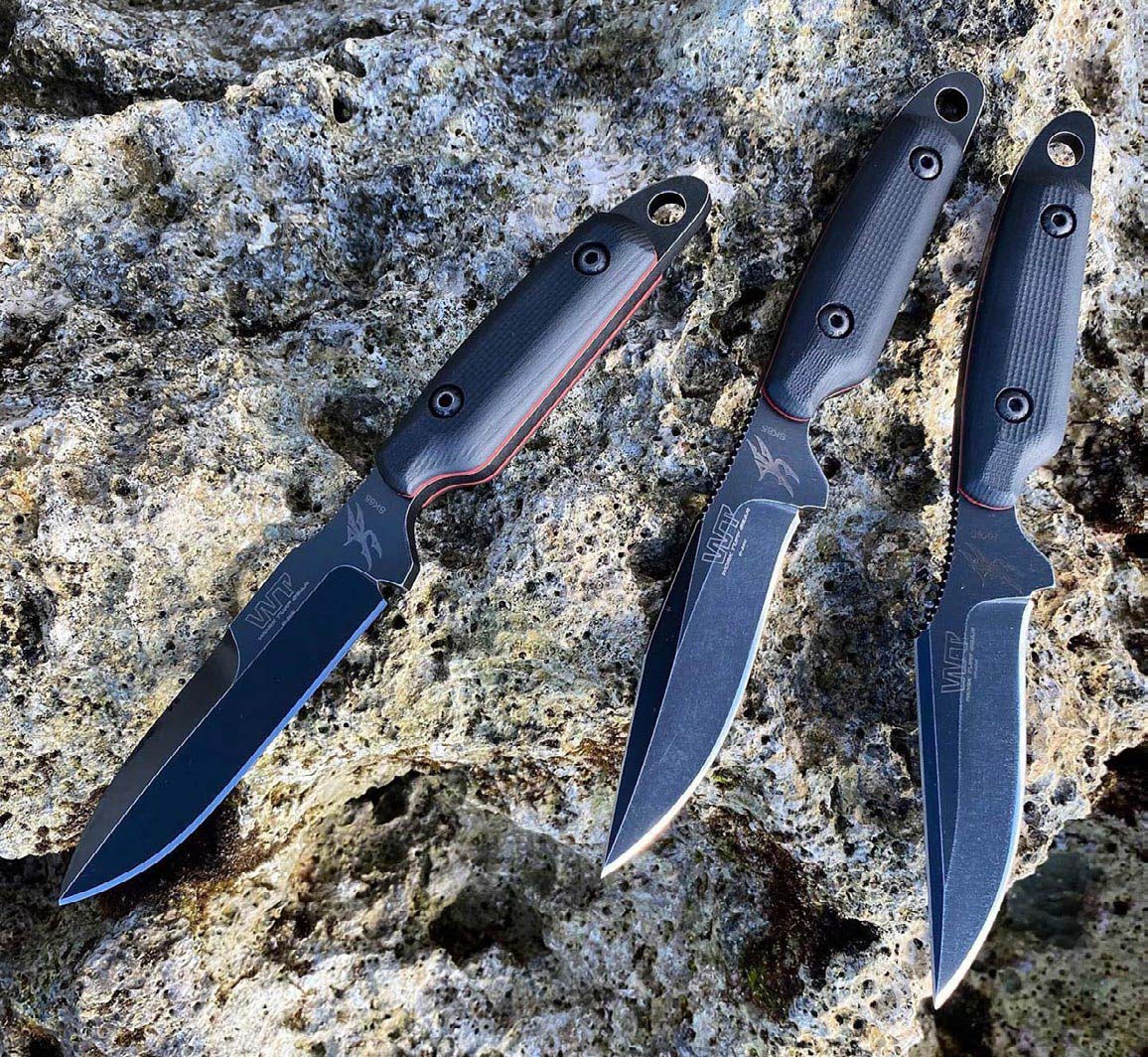
Have a Positive Mindset
The defensive mindset is something I mention regularly. Self-defense takes a certain mentality, but one you can train yourself to have. How you go about doing that depends on your learning style, among other things, but it’s well worth investing time and energy into honing your mental state.
Part of what goes into the defensive mindset is deciding that you are worth defending. You need to have the willingness to fight back. Don’t believe the right mindset goes a long way? Some years ago, a law enforcement officer was shot during a firefight. Rather than fight for survival, he proclaimed that he was dying, and then he did. During his autopsy, they discovered his wound had been survivable, but that he had given up. In the years to follow, numerous studies would come out detailing the importance of mindset for survival.
Want to survive wounds sustained in an attack, car wreck, or serious fall while hiking? Believe that you can. It isn’t a foolproof solution, obviously, but there’s a science to back just how helpful a positive outlook can be.
To be a successful defender, you need to have the mindset and willingness to fight for your life and for those you love. That means believing you’re worth it and having the skills and tenacity needed to back it up. It might sound like an overly simplistic approach, but it has merit.
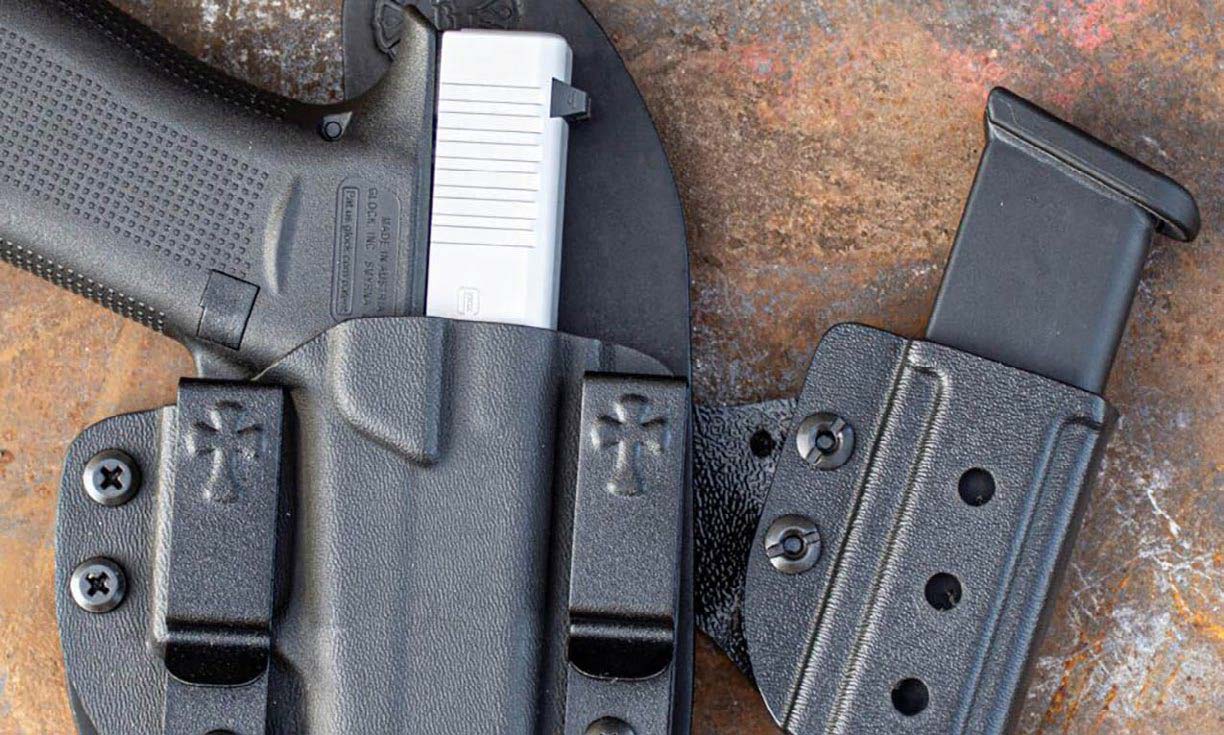
First Aid Tools, Skills
Carrying a gun for self-defense? Then you should probably be toting a tourniquet, too.
Statistically, you’re far more likely to need a tourniquet than a firearm. That’s because tourniquet use applies to a wide variety of scenarios. These include use at the scene of a car accident, after a fall down an embankment, or to treat someone else’s gunshot or stabbing wound (or your own).
Get a good tourniquet, learn how to use it correctly and carry it. It’s a great idea to secure one to the interior of your vehicle so that it is readily accessible in case of emergency.
Other first aid tools to have handy include QuikClot, bandages, medical tape, nitrile gloves and good shears. If you’re going to put together a serious first aid kit, it’s a good idea to go through a respected company such as Dark Angel Medical. That way you can be sure you’re getting not only well-made products but the correct ones for the space you have available, whether that’s your car trunk, backpack or belt. Dark Angel Medical also offers online first aid training classes. These are an excellent idea for anyone spending time outdoors, with or without firearms.
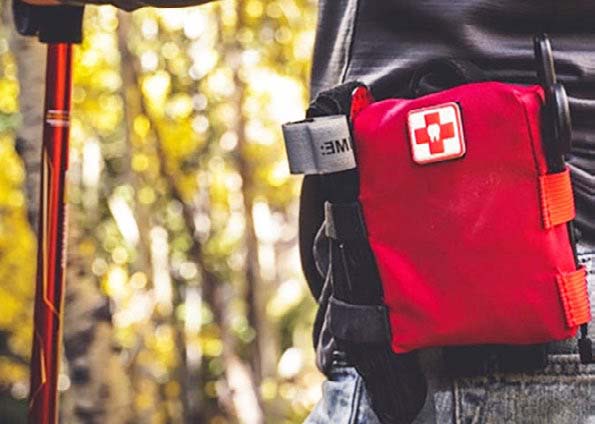
Verbal Judo
Did you know that your choice of words matters? What you say in a situation can escalate a confrontation or defuse it. Consider your words carefully and purposefully put effort into not speaking without thinking. It’s worth taking a hit to your pride to walk away in one piece, uninjured.
This is where the idea of the “My Bad $20” comes in as useful. The idea is one often attributed to gun industry marketer Jack Clemons, who has spent time as a bouncer. It’s simple: Carry a folded 20-dollar bill in your pocket and use it to stop a fight before one starts. That $20 could replace a spilled drink, be offered to someone so they can go get themselves coffee or lunch on you due to an imagined faux pas or be used in myriad other apologetic ways. It’s a small price to pay for your well-being.
Situational Awareness
Although it’s become a bit of a buzzword, situational awareness remains a vital part of self-defense. Your defensive plan won’t get far if you don’t see trouble coming. You are significantly more likely to survive an attack when you have some advance warning. (That goes for two- or four-legged assailants, by the way.) It’s smart not to bury your nose in your phone, cover both ears with earbuds blasting music or otherwise get lost in your own world. You are your own first defender, and your success rate will improve if you do more than simply carry a gun.
Your life is your responsibility. Protect it.
Per our affiliate disclosure, we may earn revenue from the products available on this page. To learn more about how we test gear, click here.

